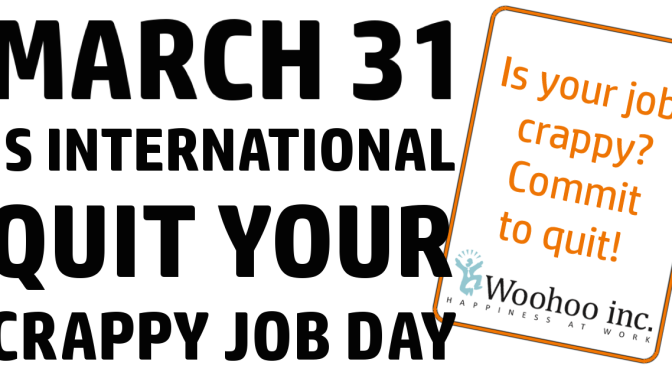This announcement from Pernille Hagild, Ikea’s HR Manager in the UK and Ireland, is beyond awesome:
We will adopt the Living Wage (as defined by the Living Wage Foundation) from the 1 April 2016. This means all our co-workers across the UK will receive a minimum of £7.85 per hour and £9.15 per hour within London. The Living Wage is a hot topic in the press at the moment so we feel it’s important to explain why we have made this decision.
Ikea has seen that the UK minimum wage of GBP 6.75 is too low to allow many of their employees to live well and have therefore decided to voluntarily raise salaries to follow the recommendations of the Living Wage Foundation.
Why? Because Ikea’s values are not only about doing good for the customer but also extend to the employees. Pernille puts it like this:
Ikea is a values-driven company. We are guided by a vision “to create a better everyday life for the many people” and this vision includes our co-workers as much as our customers and the communities touched by our business. Providing a meaningful wage to all of our co-workers, that supports their cost of living, is an important part of our values which are fundamental to who we are.
Of course this is not cheap:
The initial £7.5million investment is a big one for us and will benefit over half of our co-workers here in the UK. We have been discussing this for the past year and the thought behind our decision is pretty simple: it is the core of our values to treat people equally and decently. We believe in paying a fair wage for all co-workers regardless of how old they are and that also takes into account where they live.
Will it make employees happier?
It does however raise the question of whether this will make employees happier. Do salaries matter?
Here’s what we think: Wages have the power to make us unhappy if we perceive them to be unfair or if they are so low that we spend a lot of time and energy worrying about our finances.
Once salaries reach the point where they are fair and allow us to live comfortably, further raises do not increase happiness.
This move specifically addresses those issues and can take away much potential unhappiness for many of Ikea’s employees.
That being said, it’s also noteworthy that Ikea UK does this voluntarily and out of a genuine desire to improve their employees’ lives. This means that the move might have an actual positive effect beyond just reducing financial unhappiness because it strengthens the relationship between employees and employer, by showing that the company cares about them.
It’ll be really interesting to see how this plays out.
I love everything about this. I strongly believe that if your business can’t afford to pay the employees a living wage, then you don’t deserve to be in business.
The fact that Ikea is a long-term client of ours and that Pernille Hagild is a friend of mine who helped introduce a similar move in Ikea Denmark years ago only makes it MORE awesome :)















